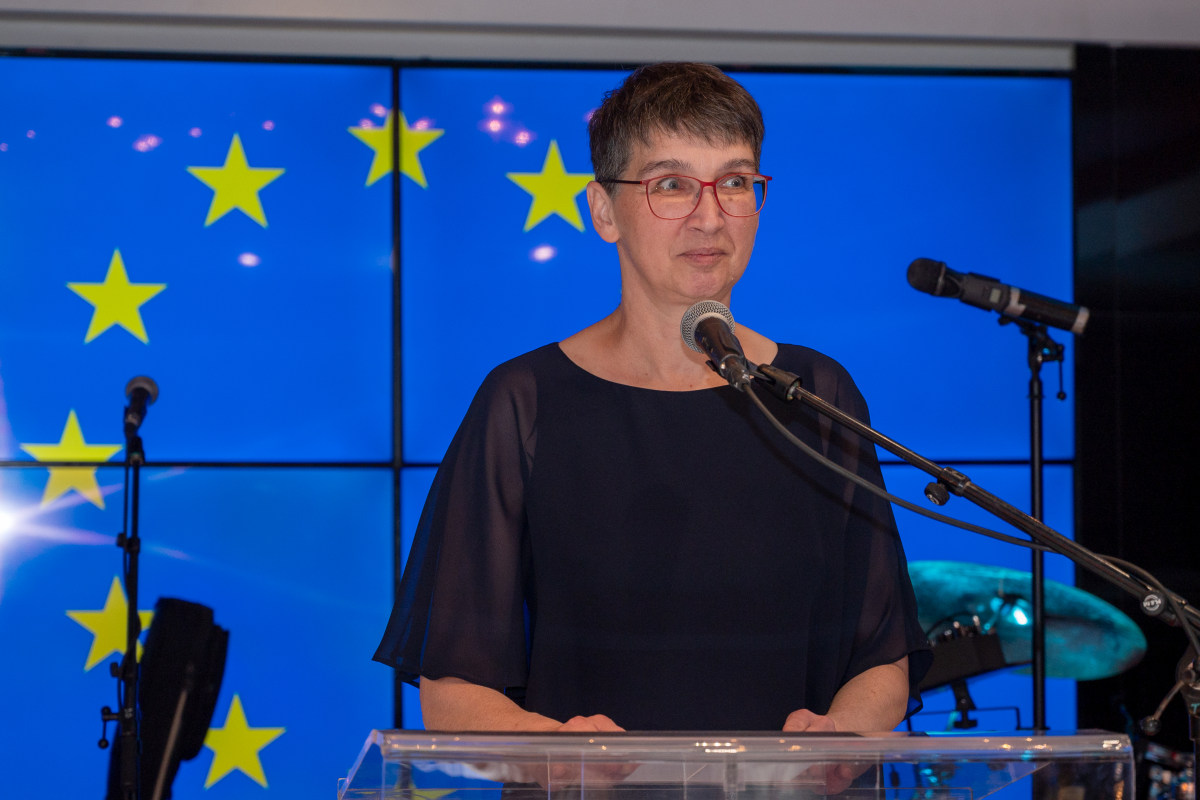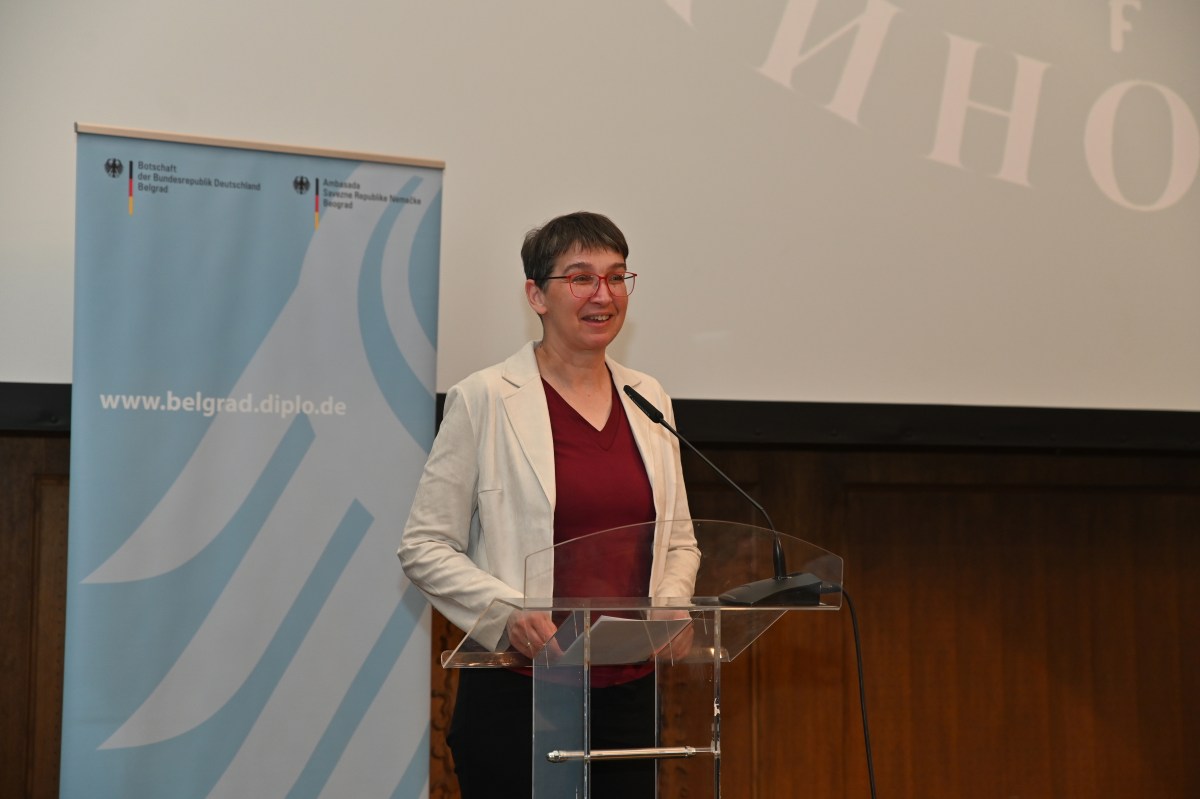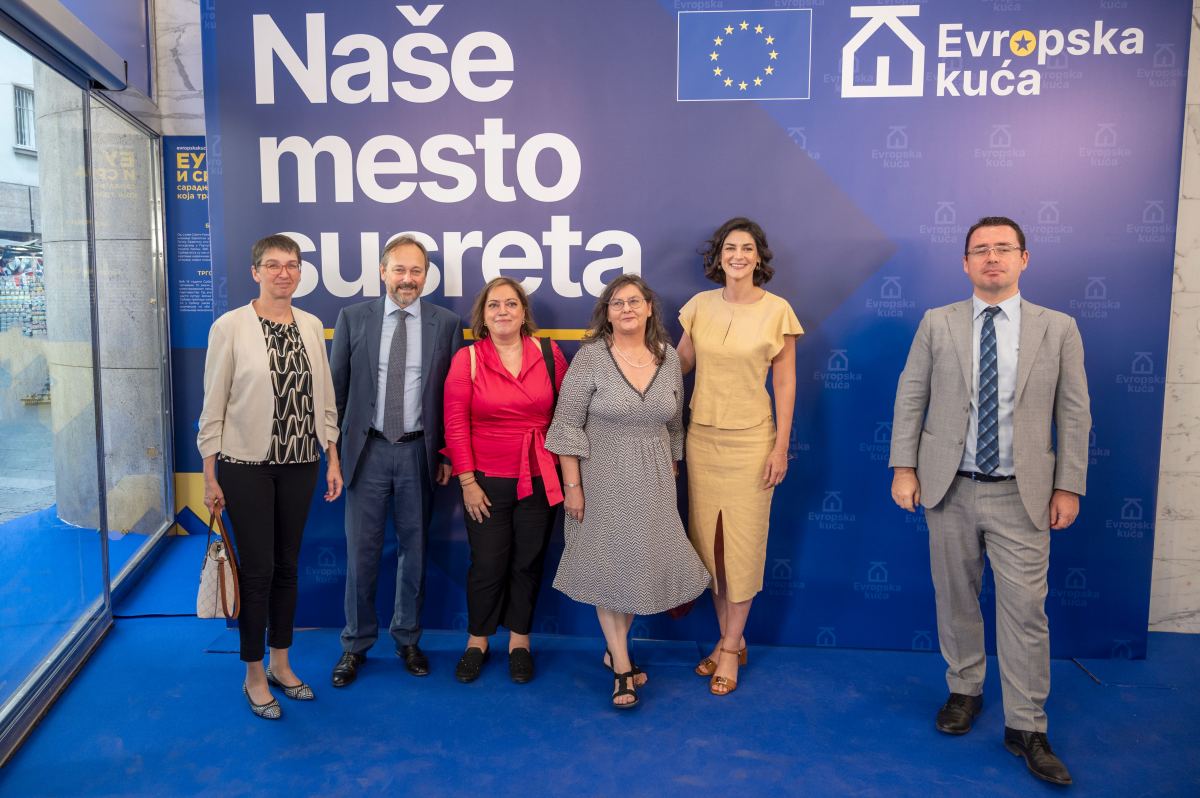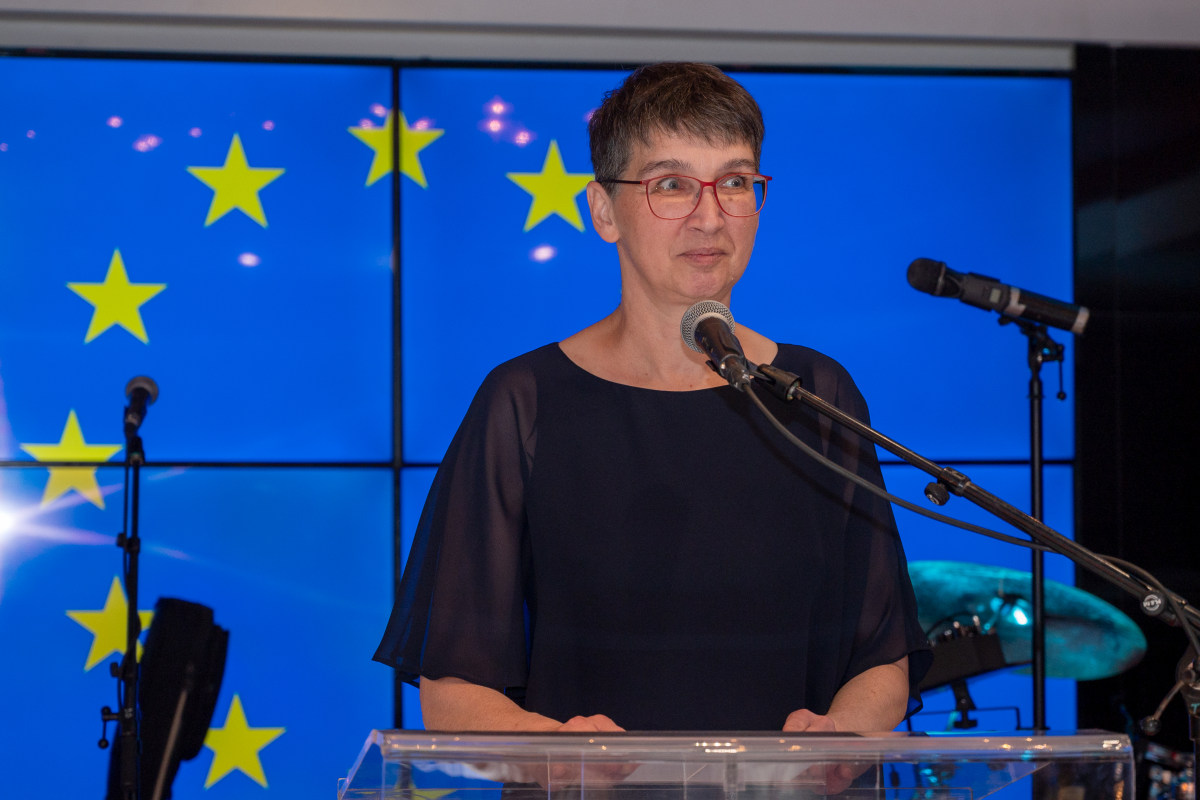Exploring the future of cooperation and shared goals on Serbia’s path to the European Union

In this interview, the German Ambassador to Serbia discusses the strong and evolving partnership between the two countries. She reflects on the deep economic ties, with Germany being Serbia’s most significant economic partner, and highlights the progress Serbia is making on its path to joining the European Union. The Ambassador also touches on key issues such as sustainable development, cooperation on energy transformation, and the importance of aligning policies with EU standards. Through this dialogue, a vision of strengthened cooperation and shared goals emerges, positioning Serbia for a brighter future within the European framework.
In your long career as an Ambassador, you’ve worked in many different embassies worldwide, including the time you spent in Côte d’Ivoire, Zambia & Poland. How much of a change was it to come to Serbia in 2022, and how would you describe the time you spent here as an Ambassador in Belgrade?
First of all, this is the first time I have worked as an ambassador. So, this was a significant change when I arrived in Belgrade two years ago. My diplomatic career in Berlin, in bilateral functions, and a multilateral environment at the United Nations in Geneva has provided me with a good foundation for my new position.
Trade volumes between our countries are increasing, making Germany Serbia’s most significant economic partner
The warm welcome I received upon my arrival in Belgrade has transformed into an overall openness from all sides to exchange, debate, agree or disagree and continue the dialogue despite different opinions. This is one of the experiences that I cherish the most. And so, overall, I look back at two years that were challenging and rewarding at the same time.
How do you see the current state of bilateral cooperation between Serbia and Germany? Are there any potential areas for improvement?
I can confidently say that our bilateral cooperation is longstanding and very close. Trade volumes between our countries are increasing, making Germany Serbia’s most significant economic partner. German investments have created more than 80,000 jobs. As the largest bilateral donor in development cooperation, Germany has provided 2.3 billion euros since 2000 with a focus on areas at the heart of Serbia’s development: energy and economic transformation, vocational training, support for the private sector, good governance rural development, and support to socially disadvantaged groups. All our endeavours are guided by one goal: to support Serbia and the citizens of Serbia on their path to the EU.
The German Embassy in Belgrade’s website says that you aim to improve the exchange between the two countries and help Serbia join the EU. Would you say that the exchange has seen overall improvement today, in 2024, and is Serbia getting any closer to joining the EU?
Since arriving in Serbia in 2022, I have witnessed firsthand the strides Serbia is making towards EU membership. 22 out of 35 chapters in the accession negotiations have been opened. It is expected that we would have liked to see much more progress in some areas. Serbia can gain significant support for its reform ambitions with the EU Growth Plan for the Western Balkans and the Reform Agenda linked to it. Serbia can be the region’s front runner in terms of membership in the EU. Germany will continue to support Serbia along this road.

To what degree does the lack of alignment of specific Serbian foreign policies with the EU foreign policies affect the “pace” of Serbia’s accession to the EU?
Membership in the European Union is a package deal. You can’t cherry-pick some aspects of it and leave the rest aside. Only the European Union and its Member States make their voice heard internationally and act globally in addressing global challenges. This is why the Common Foreign and Security Policy is one of the critical pillars of the European Union. We can only play a meaningful role in preserving peace, strengthening international security and promoting international cooperation through joint action. Member states and candidate countries must be able to speak with one voice on fundamental foreign policy issues. At a time of many international challenges, one of them being the Russian war against Ukraine, it’s even more of a pressing necessity to act in unison. This necessity is reflected in our expectation that candidate countries will align with the EU’s Common Foreign and Security Policy.
You’ve been vocal about the necessity of lithium in achieving the green transition in Serbia. Public opinion is quite polarised on this topic, including many environmental activists who claim this project could harm the environment. Do you consider this to be a legitimate concern?
If we want to be serious in Europe about tackling climate change, reducing greenhouse gas emissions, and reducing our reliance on fossil fuels, we need to consider the resources necessary for a successful energy transition. Lithium is a crucial part of our path towards zero net emissions by 2050, a commitment shared by the EU and Serbia.
Serbia can be the region’s front runner in terms of membership in the EU, and Germany will continue to support Serbia along this road
The EU’s Critical Raw Materials Act, which entered into force on 23 May 2024, addresses the extraction, processing, and recycling of raw materials in a way that will allow companies to reduce their strategic dependencies on overseas suppliers and ensure that environmental risks are properly addressed.
Concerns associated with the environmental risks of lithium mining exist everywhere. And we take these concerns very seriously. Regarding the strategic partnership on sustainable raw materials between the EU and Serbia, Germany is ready to provide expertise in applying the highest possible environmental, social, and governance standards.









